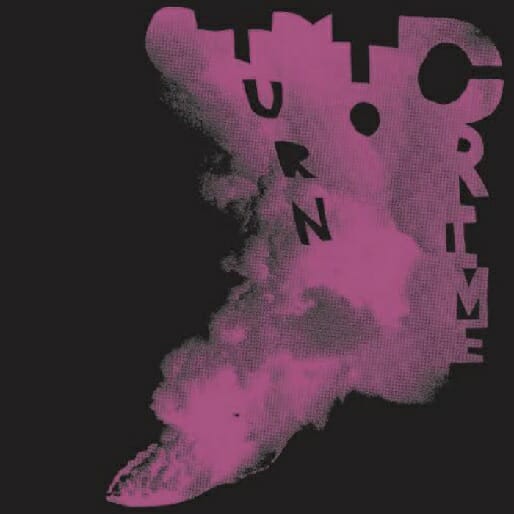Turn to Crime: Can’t Love

When Brooklyn-based power trio Awesome Color broke up in 2010, frontman Derek Stanton moved home to Michigan and started working on a solo, ambient noise project. Although he wrote and recorded much of Can’t Love on his own, he turned to friends Ian Saylor and Dorian Foerg as the project evolved into a trio. The result is Turn to Crime’s debut record—a seven-track collection of experimental garage rock that hisses and squeals for almost 40 minutes.
-

-

-

-

-

-

-

-

-

-

-

-

-

-

-

-

-

-

-

-

-

-

-

-

-

-

-

-

-

-

-

-

-

-

-

-

-

-

-

-








































